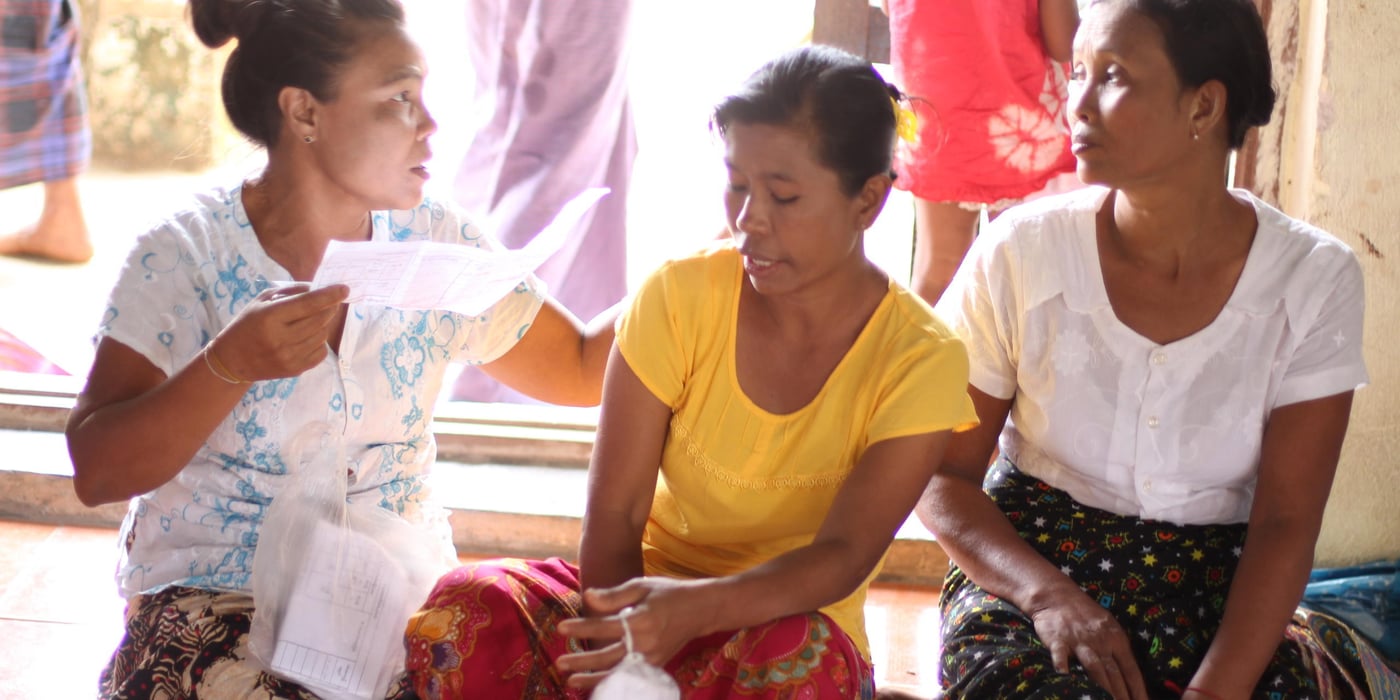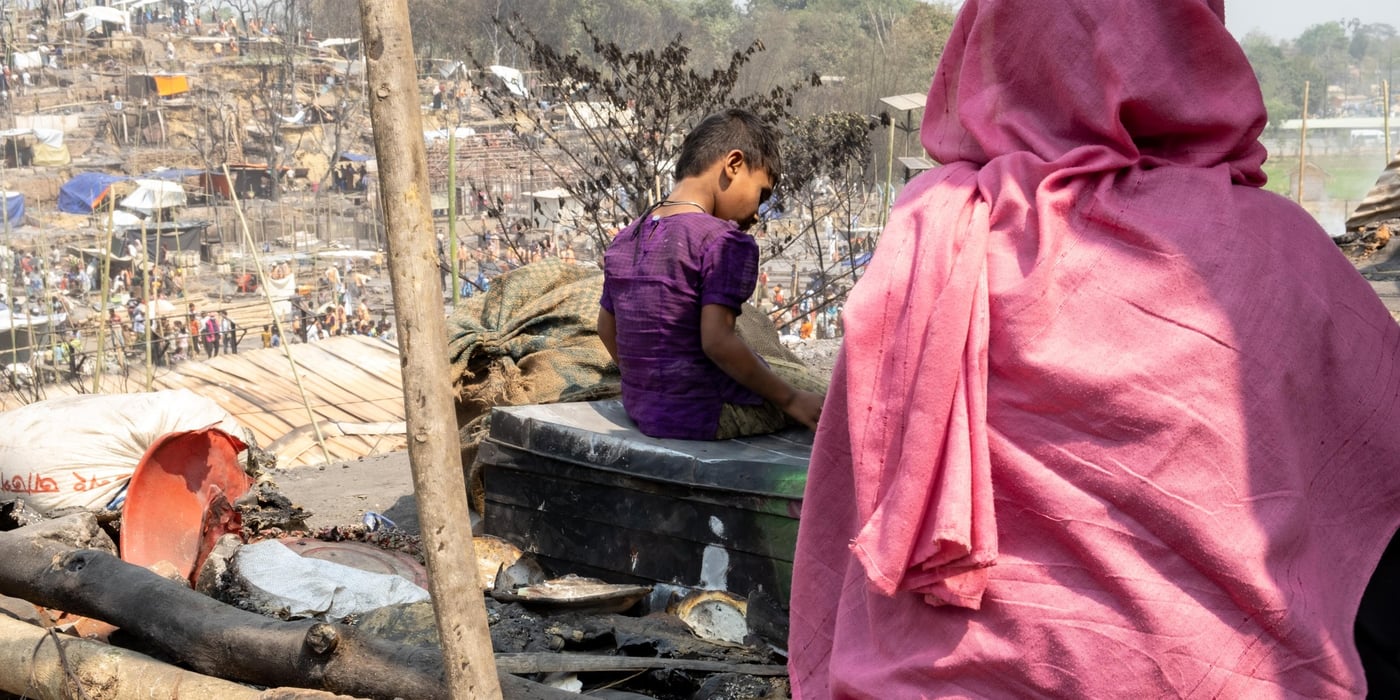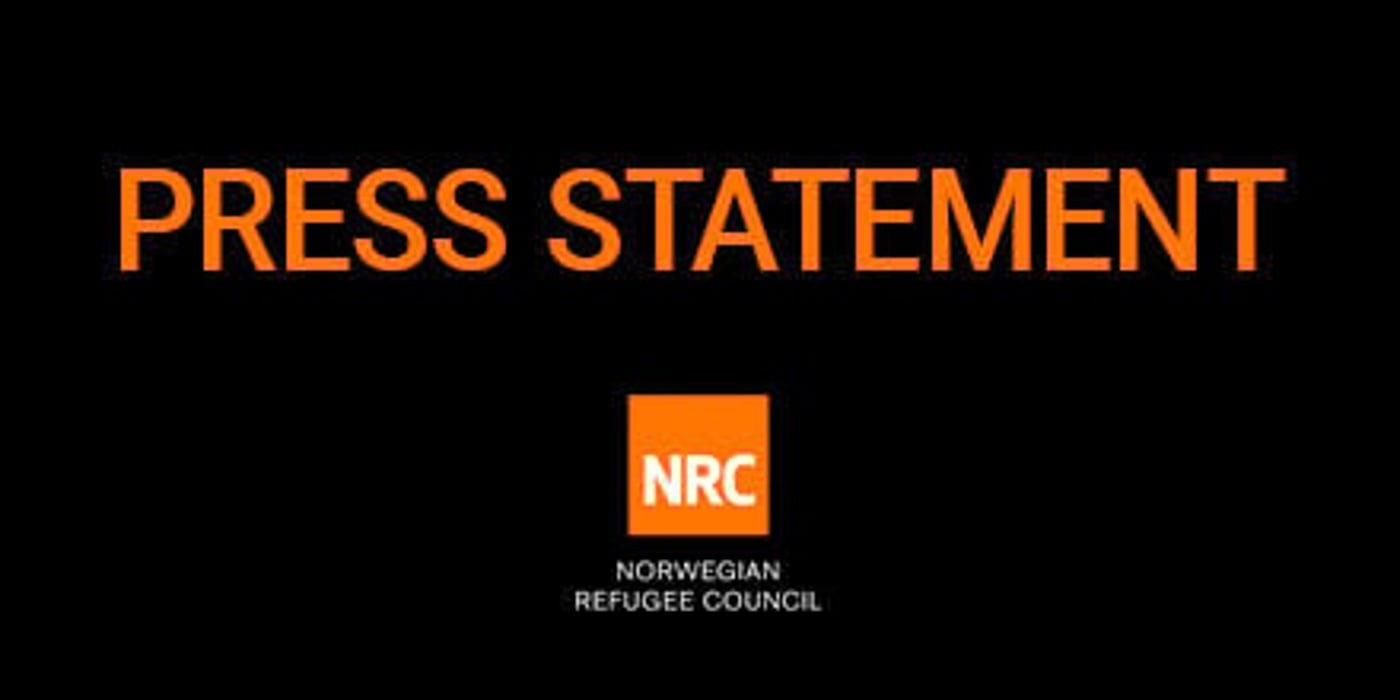
“We need documents to live normal lives…When I didn’t have civil documents, I could not move around freely and my children would’ve had problems in the future,” said Dwa Mya, a widower in Myanmar’s Karen state.
Women’s rights are an important component of the ongoing peace process in Myanmar, a country that has been afflicted by internal ethnic conflicts since its independence in 1948.
A lack of civil documentation and citizenship keeps many women from accessing their rights and engaging in society.
Luckily, Daw Mya has now received an official ID card through the Norwegian Refugee Council’s (NRC) programme. Through our work with civil document procurement and land access services, we focus on women’s inclusion in decision making processes, including the ongoing peace process.
“Why not me?”
The third session of the 21st Century Panglong Conference, the Myanmar peace process aiming to end seven decades of conflict, took place between July 11th and 15th of 2018. According to Myanmar’s official Framework for Political Dialogue, at least 30 per cent of participants in the country’s peace negotiations should be women. During the most recent session, only 22 per cent of representatives in the peace negotiations were women. This is a pressing concern to Myat Thiri Aung, our information, counselling and legal assistance (ICLA) coordinator in Myanmar.
“We women should ask the question ‘why not me?’, if we are not present at social or political gatherings along with our male counterparts. We should not just shed tears and suffer from our losses in conflict, we should ask ourselves why can’t we, as women, work to stop the conflict and achieve peace?”
Promoting women's rights
The reasons for strengthening women's rights in Myanmar are many.
A recent study by UNHCR, NRC and UN Women found that women and children in conflict-affected areas often lack adequate identification documents and registration. Without documents, women cannot participate equally in the public sphere and exercise their entitled rights.
To combat this, our teams have, since 2012, helped communities in need access official ID cards. Through our mobile offices, we have assisted more than 255,000 women in obtaining ID cards.
Women's rights in land governance is another high priority issue that features great obstacles under the current regime. If land is not registered in a woman's name, she is unable to participate in land governance decision-making, and women are often not adequately included in regular village meetings.
"When communities are able to exercise their rights, they see a direct benefit to the peace-process and are better included in discussions for an eventual peace agreement," says Prasant Naik, our country director in Myanmar. We provide information and counselling about women's house, land and property issues, which is essential to promote peace and lasting solutions in Myanmar.
"Therefore, a fair restitution process of land lost by displaced people should be designed with women's equal rights in mind," continues Naik.
Inclusion crucial for peace accord
While the country works toward peace, displacement continues as a result of ongoing conflict, inter-communal violence, and frequent disasters. Forced displacement impacts women in catastrophic ways not faced by men, such as a higher likelihood of abuse and gender-based violence.
"Women have a clear interest in influencing how these issues are presented and addressed through the peace process," says Sara Davies, Associate Professor at Griffith University in Australia.
On 9 July 2018, in partnership with Australia's Monash and Griffith Universities, we conducted a one-day workshop with peace stakeholders in Mawlamyane, Mon state to discuss concrete steps to solve housing, land/property rights and citizenship issues which are essential for women's inclusion in the peace process. The workshop brought together local women's organisations, members of the Joint Monitoring Committees, government officials, UNHCR, UN Women, donors and academics Sara Davies and Maria Tanyag to develop useful approaches to these issues.
The participants delved into the issues at hand and learn more about the peace process itself.
"Whether people like it or not, gender inclusion is crucial for reaching a genuine peace accord. If we want to change the public perceptions of women's inclusion, we need to change ourselves first," one participant said. A sustainable peace that includes women's voices brings a dividend that reflects not just cost savings pertaining to the downing of arms, but the social inclusion that fosters a just society for the future.



